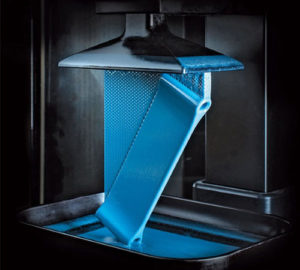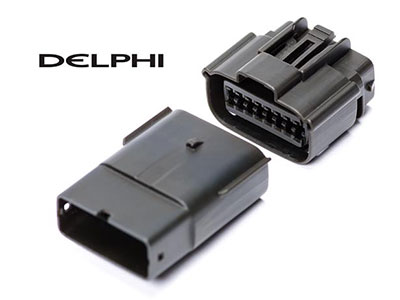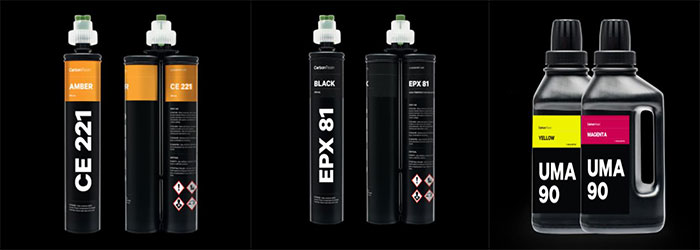 Carbon, one of the most important brands of the sector with its CLIP technology speeding the printing process up to 100 times, carries on expanding its technology with the newest resins.
Carbon, one of the most important brands of the sector with its CLIP technology speeding the printing process up to 100 times, carries on expanding its technology with the newest resins.
One of the pioneers of sector with CLIP technology and versatile solutions, Carbon is now on the sector’s agenda with its new resin series. The company presented three new resins developed for its M1 printer providing a holistic printing with polymerisation process.
M1 printer possessing 144mm x 81mm x 330mm print volume and patented CLIP technology,was presented to the market last year. Bringing speed and perfect print together, M1 will now be supported with EPX 81, CE 221 and UMA 90 engineering resins.
These three new engineering resins for its CLIP platform: EPX 81, the newest addition to Carbon’s Epoxy material family; CE 221, a high temperature Cyanate Ester material; and UMA 90, a material with enhanced toughness, ideal for manufacturing tooling, fixtures, and prototyping. The new EPX 81 resin was designed for such high-precision applications in the industrial sector, and has mechanical properties similar to 20% glass-filled PBT, which is commonly used in fabrication of electrical connectors. The high-strength engineering material features top-notch abrasion resistance and a heat deflection temperature of 140°C.

The second material, CE 221, is the newest addition to Carbon’s Cyanate Ester series of materials. Its material properties are reportedly comparable to that of glass-filled Nylon. CE 221’s high Heat Deflection Temperature of 230 degrees Celsius, as well as its rigidity, make it ideal for components that require long-term thermal stability, such as electronics assemblies, industrial products, under-the-hood parts, and the Ebullient processor cooling module.

UMA 90 resin boasts a wide range of uses, which include—but are not limited to—manufacturing jigs, fixtures, and prototypes. The material is especially suited to making parts that require “enhanced toughness,” says the company. UMA 90, which is made from Urethane Methacrylate (a material similar to standard SLA resins), is available in a range of different colors, such as black, white, gray, cyan, magenta, and yellow.
